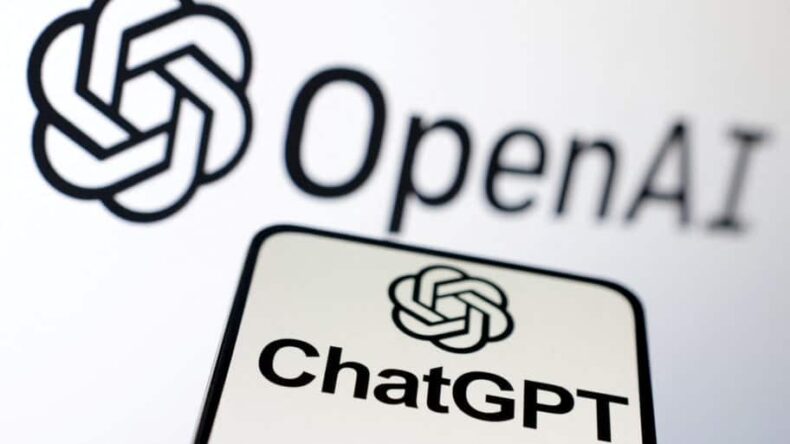Geoffrey Hinton rues his work on Artificial Intelligence and quits his job at Google to responsibly warn of potential risks.

The dawn of AI is believed to be a remarkable moment in the industrial field and perhaps should be considered as significant as the introduction of web browsers in the later part of the twentieth century. However, the very hands that laid their foundations have come against technology.
Dr Geoffrey Hinton after working for a decade at Google has now joined the doomsayer party and condemned the competitive market and companies who have been working on generative artificial intelligence technology and are sooner planning to integrate such work practices, subsequently reducing the workforce.
OpenAI the San Francisco start-up released a new version of ChatGPT and more than a thousand researchers and technology leaders signed an open letter which called for a moratorium of six months as the technology is considered to be of profound risk to societies as well as humanity.

Association for the Advancement of Artificial Intelligence released their letter warning of the risks of Artificial Intelligence. Dr Geoffrey Hinton could not sign it as he was bound by corporate ethics therefore he notified the company last month of his resignation. He even talked over the phone to the chief executive officer of Google, the details of which he was not comfortable mentioning.
The use and development of AI along with his convictions drove Dr Hinton’s career in this field. A seventy-five-year-old British expatriate who graduated from the University of Edinburgh in 1972 believed in an unique idea called neural network which later became his life work.
Based on this idea a company was started by Dr Hilton and his two students which was later acquired by Google for about forty-four million dollars. Dr Hinton and two others also got the Turing Award for their work on neural networks famously called the Nobel prize of computing.
He feels that if we look at the progress of artificial intelligence now and compare it with what it was five years before, taking into account the difference and propagating it forward makes it look scary.

Generative AI needs to be fed with a large amount of data to improve, perhaps the companies would keep doing the same to strike out their competitors, unaware of what they might unleash into society. Earlier he felt that artificial intelligence systems have yet to learn however they have been improving rapidly and are overlapping human intelligence in many areas. Not only they would take up rote tasks like translators, and paralegals but also something more than that.
He further feels that the tech race might escalate up to a global level and unlike nuclear weapons, it is highly unlikely to know if nations or groups have been working on it secretly also the scalability of this technology needs to stop until they know the ways to control it.
What becomes important here is Dr Hinton felt and acted upon his responsibility as a researcher to inform the world of the upcoming AI race. Instead of pioneering further, he understood where it was essential to intervene. Ironically working with artificial intelligence made him more humane than his peers who still believe the risks of AI to be a hypothesis perhaps this will be an age to know where we must stop.













